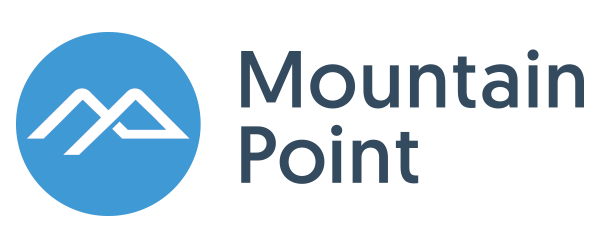Businesses stuck in the industrial economy are trying to figure out ways to remain competitive and keep up with the rapidly evolving information economy. The time is ripe for business transformations and legacy systems and services are being replaced with distributed, agile & mobile cloud based technologies. Sales, Service, Marketing, Operations - everything is changing and demands for customer & user centric applications are driving this change across organizations.
Connecting
Customers and Users want easy to use interfaces providing them with the right information, at the right time, on the device of their choosing. Legacy ERP systems are being re-evaluated with core applications becoming more decoupled to meet evolving operational requirements. These integrations and access across the enterprise are becoming more and more valuable as connected devices, automation, and the Internet of Things (IoT) and Internet of Customers (IoC) drives the demand for how businesses connect and service their users and customers across multiple channels.
Enabling
As these business transformations occur the use of analytics and Big Data starts enabling better insight across the organization. Reactive Organizations become Proactive. Management begins listening to the data more frequently, relying less on gut instinct and feel. Customer engagement drives the prioritization of product enhancements and service. More transparency provides more value and helps break down barriers once established across the organization.







